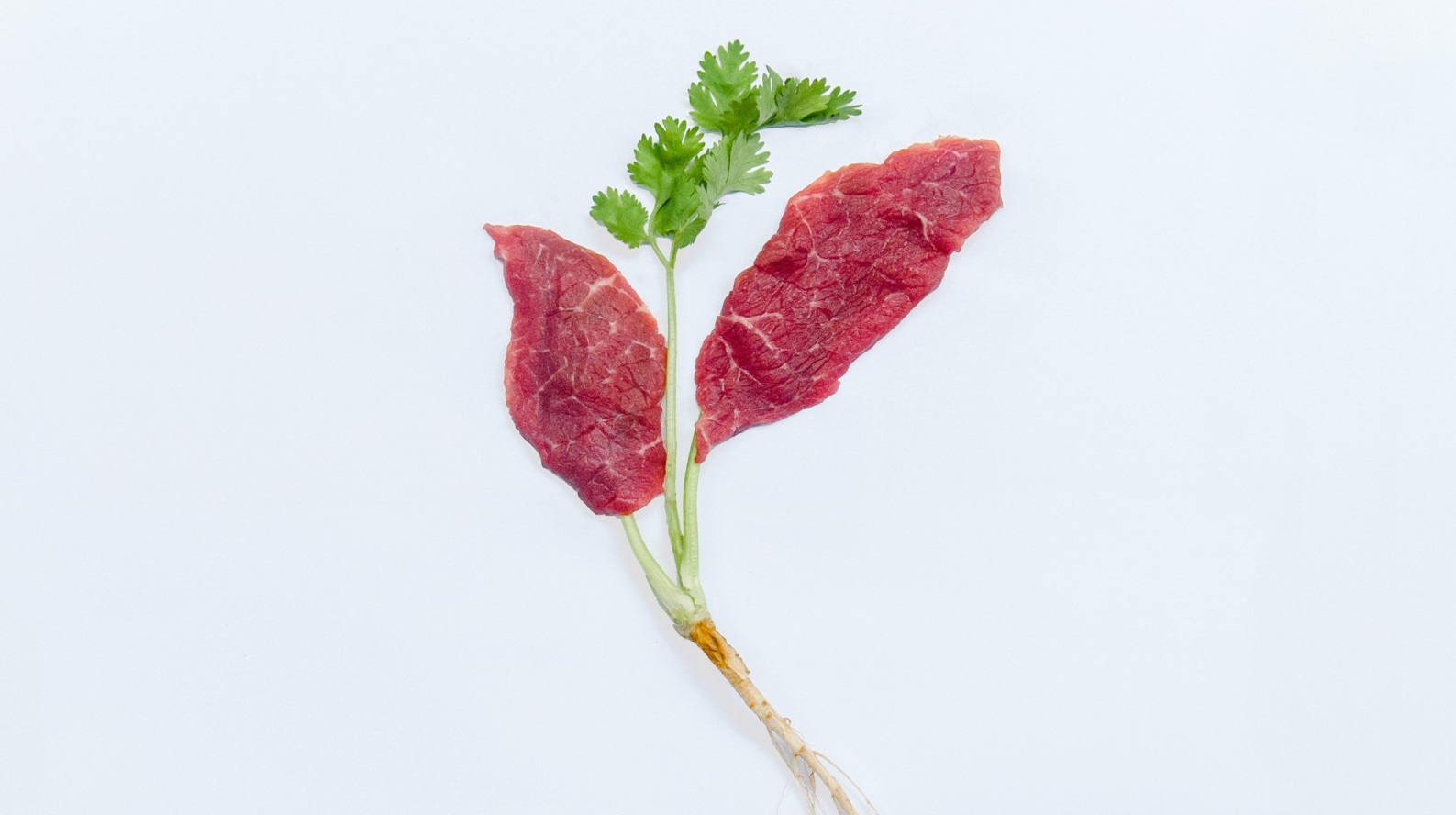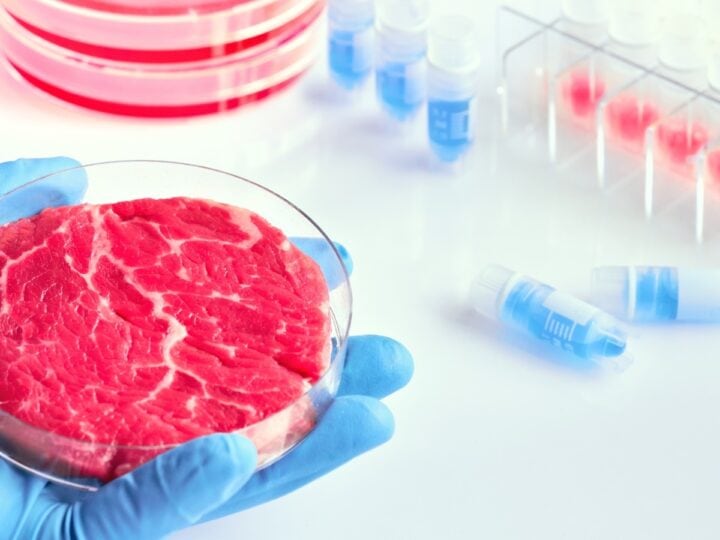In its first investment in an Israeli company, the venture arm of Fortune 100 company Tyson Foods co-led a $2.2 million seed investment round in Jerusalem-based Future Meat Technologies.
Future Meat Technologies is advancing a distributive manufacturing platform for cost-efficient, non-GMO production of “clean meat” directly from animal cells, without the need to raise or slaughter animals.
Other investors are the Neto Group of Israel; Chicago-based S2G Ventures; BitsXBites Chinese food-tech venture capital fund; and Agrinnovation, an Israeli investment fund founded by Yissum, the technology-transfer company of the Hebrew University of Jerusalem, which licensed the technology developed in the lab of Prof. Yaakov Nahmias.
“It is difficult to imagine cultured meat becoming a reality with a current production price of about $10,000 per kilogram,” said Nahmias, the company’s founder and chief scientist. “We redesigned the manufacturing process until we brought it down to $800 per kilogram today, with a clear roadmap to $5-10 per kg by 2020.”
Nahmias is focusing on producing the fat that is essential to the taste and aroma of meat, without genetic modification or live animals. “I want my children to eat meat that is delicious, sustainable and safe,” he said.

On the other side of Israel in Tel Aviv, clean-meat startup Aleph Farms is expanding the composition of cultured meat and growing it in a more structured way using a proprietary 3D technology.
“It has been a major hurdle to mimic meat’s many properties, such as texture, shape, juiciness and flavor,” said Prof. Shulamit Levenberg, cofounder and chief scientific officer of Aleph Farms.
“Our use of the four cell types found in conventional cuts of meat, including vascular and connective tissues, is the key to a product that will be closer to the beef that people crave.”
Levenberg, dean of biomedical engineering at the Technion-Israel Institute of Technology, was recognized by Scientific American as one of the world’s 50 leading scientists for her groundbreaking work in tissue engineering and regenerative medicine.
Aleph Farms was cofounded in 2017 by the Technion and Israeli food-tech incubator The Kitchen, a part of the Strauss Group, and is supported by US and European venture capital firms.
“Consumers – especially millennials and flexitarians – care about animal welfare and the environment,” said Aleph Farms cofounder and CEO Didier Toubia. “At the same time, they want to eat juicy, indulgent steak – not just ‘protein.’ Our goal is to help these consumers adhere to their personal standards, while getting to enjoy safe, sustainable meat.”

















